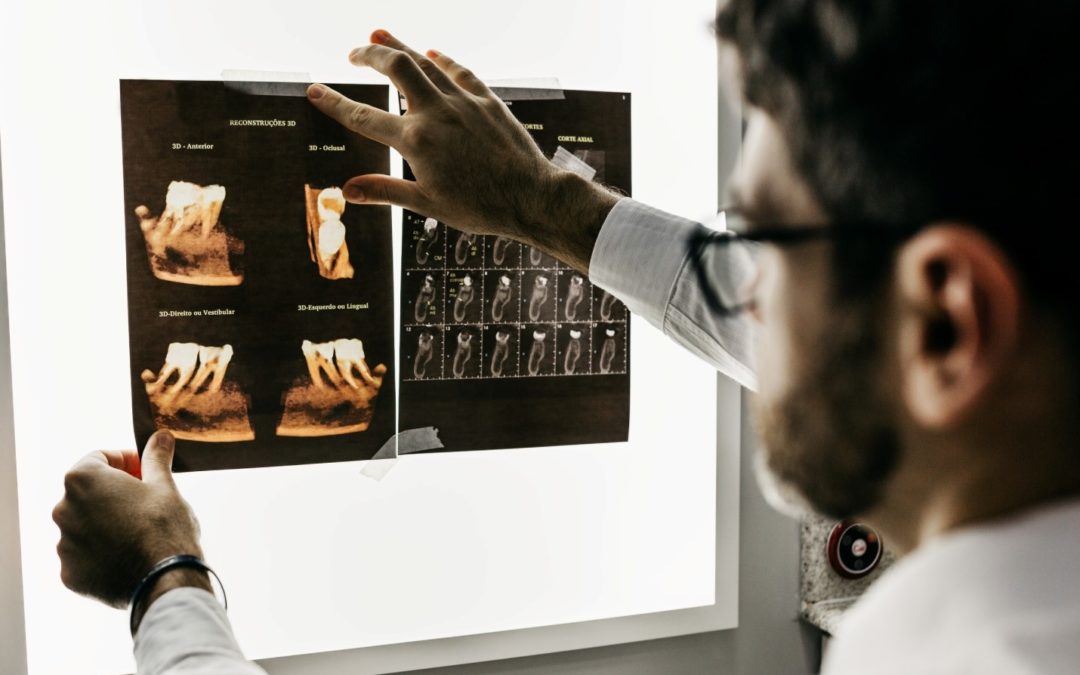The dental health field has vastly improved in the last century. Developments like water fluoridation and improved toothpaste formulations allow most people to maintain proper dental hygiene and health. That being said, there are still other dental problems that plague Americans, albeit less severe. There’s still the usual cavity and tooth decay, for example, and then there are also cases where chronic diseases harm gums and teeth. Depending on the type of dental problem you’re experiencing, it could warrant a visit to the dentist or a potential trip to the hospital. And it’s crucial that you seek care from the right specialists.
When to see a dentist
Needless to say, you should be making regular biannual visits to your dentist to ensure that your teeth and gums are in top condition. Your dentist can check for any trouble areas during these routine check-ups, reducing the chance of tooth decay and gum diseases developing. But you can also see a dentist for a plethora of dental issues on top of these visits. For one, tooth cavities and decays are some of the most common health issues worldwide. It can happen to anyone with teeth, even babies. So when you experience tooth sensitivity or pain, it’s a good idea to visit your dentist. Similarly, seeing visible holes in your teeth or staining should also prompt you to get a dental check-up.
Furthermore, some conditions like sleep apnea and bruxism (teeth grinding) can also call for a dentist visit. Dentists can also craft custom-fit oral appliances to help address these issues. For instance, a dentist may provide you with a sleep apnea oral appliance supporting the jaw to leave airways open while you sleep. You can also get mouth guards from your dentist to help prevent you from grinding teeth during sleep.
Dentists are capable of conducting check-ups, creating orthodontics, and performing dental procedures. As a rule of thumb, they should be your first option for oral discomfort and other such pains.
When to visit a hospital
When dental problems are secondary to chronic diseases or caused by drugs from, say, chemotherapy, then visiting a hospital is your best bet. These problems would need medication adjustments or treatment alternatives for general health conditions. As such, it’s best to discuss options with your doctor.
More importantly, you should head straight to the hospital for emergencies and traumas that cause dental problems. These include incidents involving jaw fractures and dislocations, serious impact to the face and mouth, and swollen infections that impede breathing or swallowing. These situations could be life threatening and should be considered medical emergencies; it’s best to rush to an emergency room (ER) instead of a dental chair. However, the pandemic has clogged up emergency rooms and led to a more serious shortage of ER nurses. Fortunately, with the rise of remote arrangements, remote learning has also become more commonplace. It’s helping fill the gap as nurses earn RN to BSN certifications, resulting in more ER and dental nursing specialists. These online degrees are just as effective as traditional ones, as they are recognized by the Commission on Collegiate Nursing Education. And because they’re taught completely online, these programs are ideal for nurses who want to advance in ER and dental care without leaving work. With more ER nurses, dental emergencies can be handled immediately and expertly. Nurses with dental care certifications can also work in hospital settings, making hospitals more equipped to manage dental cases. Additionally, there are dental clinics, such as Think Oral Implants and Periodontics’ new location that are linked to hospitals themselves. This arrangement gives you the best dental services from both institutions. So you may want to book an appointment to ensure that all of your dental problems are taken care of.
Seeing a dentist or visiting a hospital aren’t mutually exclusive. In some cases, you’ll receive treatment from both. So be aware and discerning of your dental health so that you know when to seek the help of a professional.
Specially written for Think-Oral-Implants-And-Periodontics.org
By: Raelyn Jane





